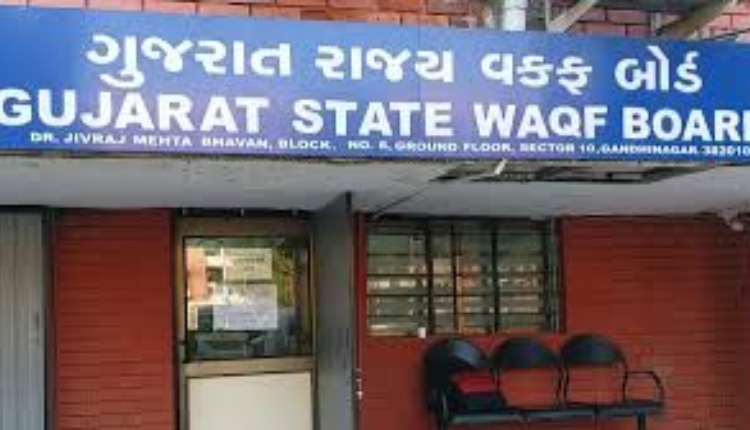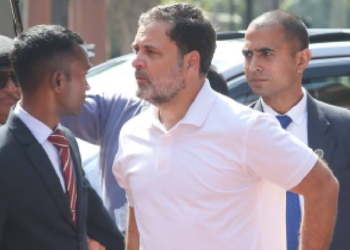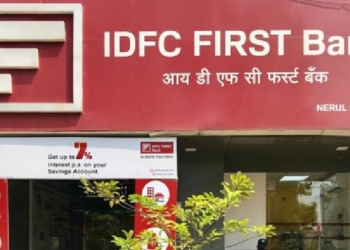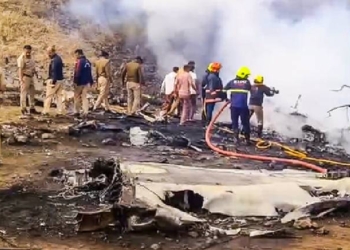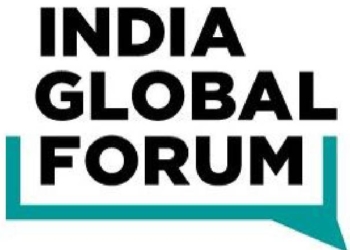Ahmedabad: A Joint Parliamentary Committee (JPC) formed to assess the necessity of the Waqf Amendment Bill will visit Gujarat.
During their visit, the Gujarat State Waqf Board and the Gujarat government will present detailed findings and proposals to the committee in Ahmedabad.
The Waqf Amendment Bill, proposing changes to existing Waqf regulations, was introduced in the Lok Sabha on August 8, 2024.
The opposition parties opposed the bill, raising concerns that it was introduced without sufficient discussion. In response, the government established a JPC to examine the bill’s necessity and gather input from various stakeholders.
The JPC, comprising 31 members – 21 from the Lok Sabha and 10 from the Rajya Sabha – will conduct a series of reviews, starting with Gujarat. The Gujarat government and the Waqf Board will deliver a presentation outlining their perspectives on the bill, its potential impact, and any necessary modifications.
The Waqf Act 1995, which aims to ensure better administration of waqfs (religious endowments) and related matters, became applicable to Gujarat on January 1, 1996. Following the enactment, the Gujarat State Wakf Board was constituted by the Government’s Legal Department through a notification dated November 30, 1996. The Board was later reconstituted on May 19, 2000.
Before applying the Waqf Act, Muslim waqfs in Gujarat were governed under the Bombay Public Trusts Act, of 1950. However, with the introduction of the Waqf Act, these properties now fall under its jurisdiction.
The Board handles various proposals under sections 42, 51, 53, and 56 of the Act, following the legal procedures outlined within it. To date, 12,663 waqfs have been registered under the Act in Gujarat.
The Board’s administrative functions are funded by Waqf Contributions collected from registered Wakfs, as mandated under section 72 of the Act.
In addition, via a notification on September 25, 1998, the government established Tribunals across Gujarat, appointing a Civil Judge (Senior Division) in each district to resolve disputes and questions related to wakfs and wakf properties.
(IANS)




